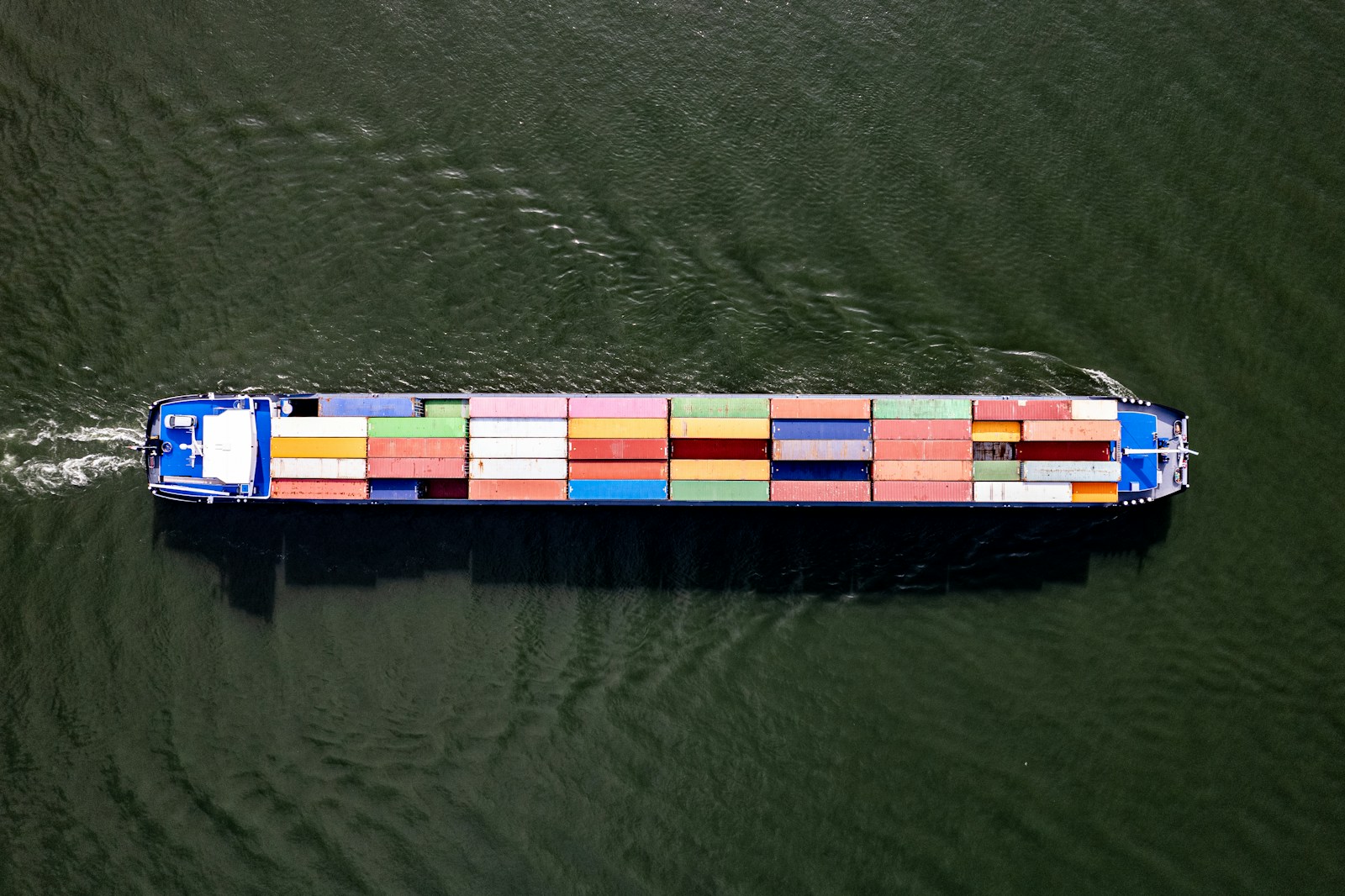Demurrage And Detention Under UAE Maritime Law

In today’s fast-paced maritime trade, time delays at ports can quickly lead to significant costs. Two key terms every shipper, freight forwarder, and importer in the UAE should understand are demurrage and detention. The concepts of demurrage and detention are critical to the operational and financial performance of shippers, freight forwarders, and logistics service providers.
With the UAE implementing a new legal regime under Federal Decree-Law No. 43 of 2023 (the “New Maritime Law“), these concepts are increasingly viewed through the lens of legal liability, contractual obligations, and dispute resolution. Although the law does not expressly define the terms “demurrage” and “detention,” the provisions governing delay in cargo delivery, charter party obligations, and carrier liability provide a robust legal framework for interpreting and enforcing such charges.
Table of Contents
What Do Demurrage and Detention Mean?
- Demurrage refers to Charges that apply when a container remains at the port beyond the agreed “free time” for unloading.
- Detention applies when a container, once removed from the terminal, is retained beyond the agreed period for return to the shipping line.
In commercial practice, both charges are governed by the terms of the bill of lading, charter party, or freight contract, and are considered standard industry mechanisms to ensure prompt cargo movement and optimal container utilization.
Legal Basis Under UAE Maritime Law
- Loading and Unloading Periods: Article 144 of the Maritime Law establishes that the Charterer must complete loading and unloading within agreed periods, or, if unspecified, customary or maritime norms.
If delays occur, a first additional time extension (not exceeding the initial period) is permitted, with compensation per agreed or customary daily rates. A second extension may apply with compensation equal to 1.5 times the first extension rate. - When the Clock Starts: Article 145 clarifies when loading/unloading time begins: the day after the captain confirms readiness to the charterer. It also outlines interruptions (e.g., force majeure), and how holidays affect calculations.
- Expired Deadlines: Article 146 empowers the captain to unload cargo at the charterer’s expense and risk if the agreed unloading window expires, ensuring cargo safety while mitigating delays.
These provisions in the Maritime Law no. 43 of 2023 closely align with typical demurrage practices, as they create a legal basis to compensate shipowners for delays beyond agreed free time.
Carrier Liability and Compensation Limits under Maritime Law
- Presumed Liability: Article 175 (of the New Law) prescribes that thecarrier is presumed liable for damage or delay unless they can demonstrate specific exceptions such as force majeure or shipper negligence. This heightens accountability for delays—not limited to cargo damage but extending logically to delays that fall into the detention category.
- Liability Caps: Article 177 introduces liability limits in SDRs i.e..- a maximum of (835) eight hundred and thirty-five Special Drawing Rights for each package or unit taken as the basis for calculating the freight and not exceeding an amount of (2.5) two and a half Special Drawing Rights for each kilogram of the total weight of the cargoes, whichever is higher,- this established caps for each package/weight or per kilogram when value isn’t declared—unless declared value overrides the default limit.
Commercial Impact and Risk Exposure
Demurrage and detention can lead to substantial operational costs. Charges are typically levied on a daily basis, depending on the carrier, port, and container type. Common causes of charges are:
- Delayed customs clearance
- Documentation errors
- Port congestion
- Misaligned trucking schedules
- Disputes regarding delivery readiness
These costs often become the subject of commercial and legal disputes when responsibilities are not clearly defined in the contract.
Legal Remedies and Enforcement
Disputes arising from demurrage and detention are typically commercial in nature but fall under maritime jurisdiction. The New Maritime Law allows:
- Resolution through UAE courts or agreed-upon arbitration centers.
- Application of limitation of liability provisions under the law.
- Claiming liquidated damages for breach of contract relating to cargo delivery delays.
The burden of proof lies with the party alleging the delay or seeking compensation, requiring clear documentation and timely communication.
Conclusion
Federal Decree-Law No. 43 of 2023 marks a significant step in modernizing maritime governance in the UAE. While it does not expressly legislate demurrage and detention, it provides ample legal grounding for interpreting these charges as part of broader delay liability and charterparty management.
For shipping companies, importers, freight forwarders, and legal professionals, a thorough understanding of both the commercial and legal frameworks is crucial to mitigating financial risks and ensuring operational efficiency in UAE ports. With our experience in UAE maritime and shipping law, ABS Partners Legal Consultants advises on charter party disputes, cargo claims, demurrage, detention, and port operations.
Contributed by – Anakha Ajay
By entering the email address you agree to our Privacy Policy.



